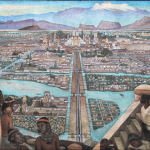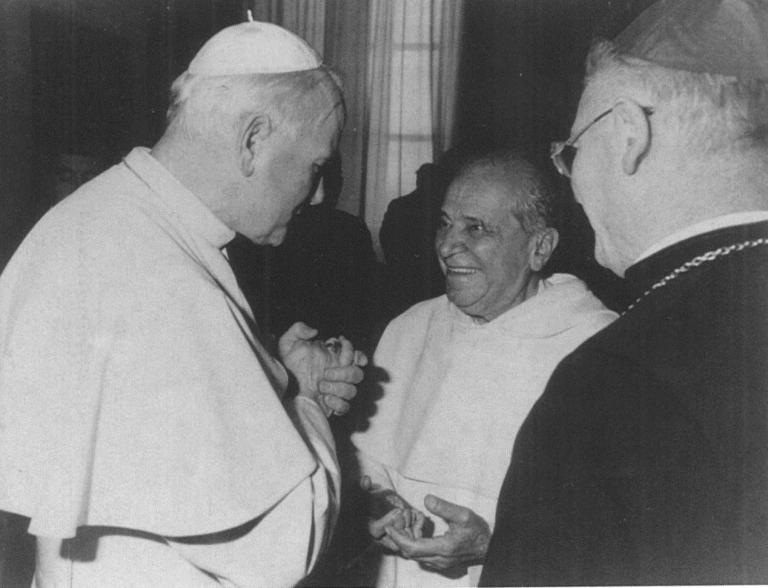
For some reason, I found myself thinking today about alphabetic writing, which is, arguably, one of the greatest inventions or discoveries or gifts in the history of humanity.
Think about it: With just a few simple symbols — twenty-six in English — a virtual infinity of thoughts can be expressed, and not only expressed but conveyed across time and space. (I’m not thinking specifically here of the Roman letters used by English and many other languages. The Cyrillic alphabet or Hebrew or Arabic characters would serve my point just as well.) They are, in combination, astoundingly versatile and adaptable. They can be used to express love, codify laws, settle disputes, argue subtle points, address great problems, make jokes, record emotions, remember events, express deep thoughts, share experiences, and — in my case, at least — lie, deceive, abuse, manipulate, cheat, and beguile.
The name of the person or persons who first invented (or discovered or was given) writing is, perhaps ironically, not preserved in the historical record. But we owe him or her an incalculable debt that we can never repay. Similarly, we cannot repay the person who (it seems) moved us beyond logographic and pictographic writing systems to the far more adaptable and far more accessible idea of alphabet writing. Whenever you’re feeling a need to feel gratitude, reflect on the gift of the alphabet.
And, frankly, those of us who can handle Roman letters — I’m guessing that at least a significant subset of the readers of this blog have that skill — have also received a blessing.
Consider this: If you were to write a letter — some of you may perhaps recall seeing quaint artifacts called “letters” — to someone in Russia or in China or in the Hashemite Kingdom of Jordan or Israel, you could address it to your intended recipient in Roman letters and be confident that it would very likely reach its destination. (Despite extensive experience, for simplicity of argument I’m leaving out of consideration the corruption and incompetence of some postal institutions in some countries.) Now try reversing the situation. Write a letter to somebody in the United States or Canada or Mexico or Hungary or South Africa or Germany or Australia or Brazil or France or New Zealand. Write the intended address in Chinese, Hebrew, Arabic, or even Russian. If I were you in such a case, I would not be confident about the prospects for my letter’s safe arrival. Be grateful for the considerable gift that you’ve been given.
Posted from Vancouver, British Columbia, Canada












